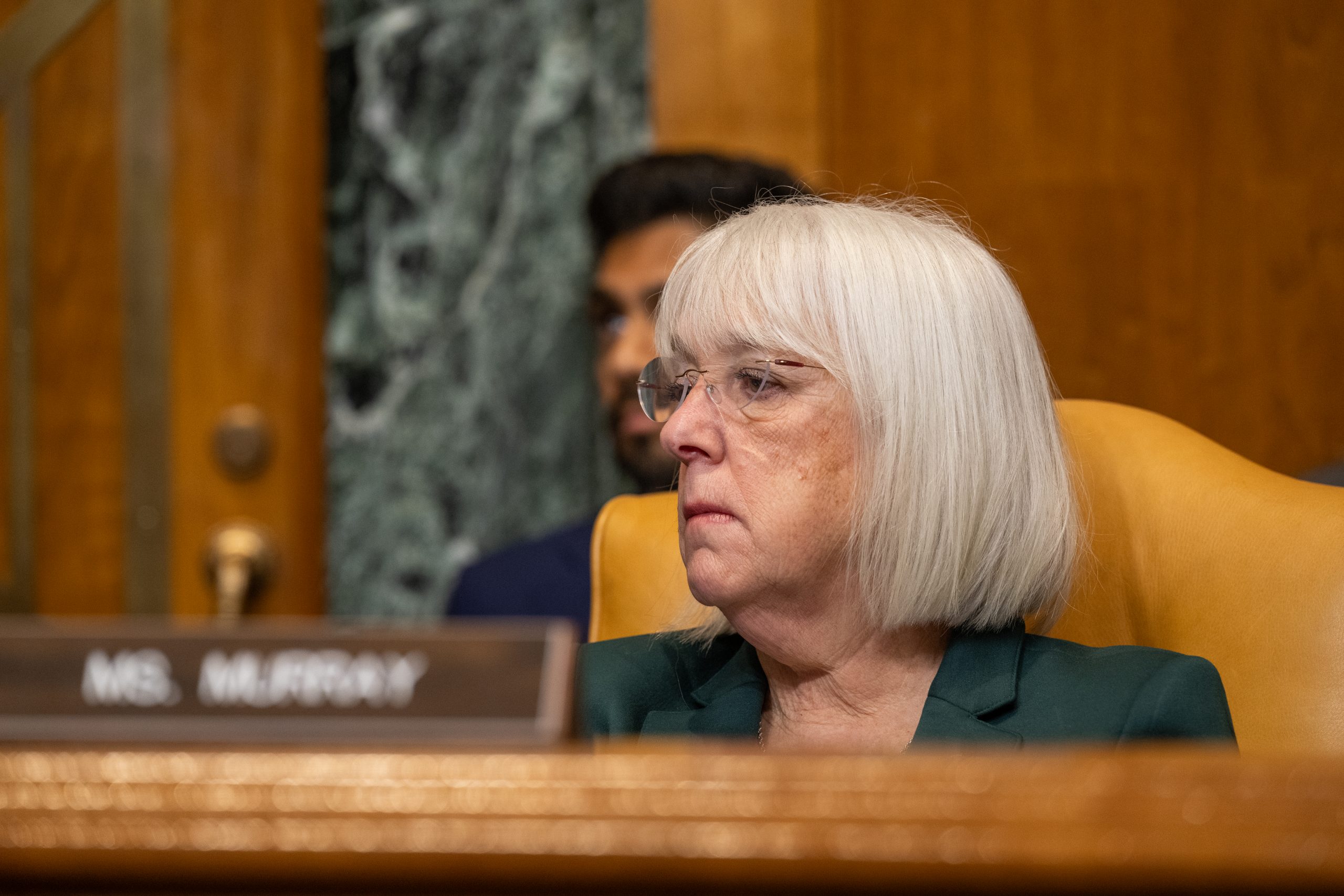Washington DC - Today, U.S. Senators Patty Murray (D-WA), Chair of the Senate Appropriations Committee, and Dick Durbin (D-IL), Chair of the Senate Judiciary Committee, reintroduced their legislation to clarify that victims of discrimination can seek damages for emotional harm under federal law—after the Supreme Court curtailed their ability to do so in its devastating April 2022 ruling in Cummings v. Premier Rehab Keller. The senators’ Clarifying Civil Rights Remedies Act of 2024 ensures that people who suffer emotional harm because of discrimination they experienced are able to seek restitution under federal anti-discrimination statutes—recognizing that while discrimination may not cause a financial loss, it can and often does cause lasting emotional distress.
“Our legislation recognizes the plain truth that people who are discriminated against often suffer lasting emotional harm and should have the ability to seek justice in our courts, including restitution — even if the discrimination they experienced did not have a financial impact,” dijo el senador Murray. “The Supreme Court’s failure in Cummings to recognize and account for the humiliation and distress a person can experience after being discriminated against in a classroom, a doctor’s office, or other settings was a profound mistake — our legislation would right this wrong and ensure victims of discrimination can seek the appropriate damages they deserve.”
“Discrimination can leave a lasting mental impact on those who experience it. That’s why the Supreme Court’s decision in Cummings v. Premier Rehab Keller is so harmful. It prevents those who have suffered emotional distress due to discrimination from seeking damages,” dijo el senador Durbin. “I’m joining Senator Murry in introducing the Clarifying Civil Rights Remedies Act to clarify that damages for emotional harm are available to victims of discrimination. No one who faces discrimination should be denied justice in court.”
In April 2022, the Supreme Court ruled in a 6-3 decision authored by Chief Justice Roberts that victims of discrimination cannot sue under the Rehabilitation Act of 1973 or the Affordable Care Act to recover damages for emotional distress caused by illegal discrimination. The decision denies many victims of discrimination an appropriate remedy for the harms they have suffered.
El Clarifying Civil Rights Remedies Act of 2024 makes explicit that remedies available for violations of Title VI of the Civil Rights Act of 1964, Title IX of the Education Amendments of 1972, the Age Discrimination Act of 1975, Section 504 of the Rehabilitation Act of 1973, and Section 1557 of the Affordable Care Act include compensatory damages, including for emotional harm. The legislation ensures that victims have recourse and that incentives exist to encourage recipients of federal funds to comply with our federal civil rights laws.
“As advocates for women and girls, including LGBTQI+ individuals and survivors of sexual violence, we’ve seen the range of harms that can follow after experiencing discrimination, including harassment and assault. The Clarifying Civil Rights Remedies Act of 2024 is critical for victims to receive remedies they are entitled to under our civil rights laws,” said Gaylynn Burroughs, Vice President for Education & Workplace Justice at the National Women’s Law Center. “Justice was impaired when the Supreme Court limited remedies for emotional distress in its decision in Cummings, but we are grateful for Senator Murray’s leadership in ensuring that victims of harassment have explicit rights to remedies for emotional harm.”
“Discrimination can devastate a person’s well-being. It can lead to anxiety, depression, and even substance abuse. Since the Supreme Court’s decision in Cummings, students across the country have been denied a financial remedy for the emotional harm that discrimination has caused them,” said Adele Kimmel, Public Justice’s Students’ Civil Rights Project Director. "Él Clarifying Civil Rights Remedies Act is an important first step in restoring the availability of this crucial remedy.”
“Access to our nation’s courts is critical to make real the promise of our nation’s civil rights laws,” said Megan Schuller, Legal Director of the Bazelon Center for Mental Health Law. “When the Supreme Court failed to recognize the intent of vitally important civil rights statutes and erected yet another barrier to vindicating those rights, it placed Americans with disabilities and others at greater risk of experiencing discrimination in schools, hospitals, workplaces, state and local government programs, and other settings with no meaningful recourse. We are grateful to Senator Murray for reintroducing the Clarifying Civil Rights Remedies Act, which will correct the Court’s flawed interpretation and restore to people with disabilities and others the ability to access justice.”
In addition to Senators Murray and Durbin, the legislation is cosponsored by Senators Baldwin, Blumenthal, Booker, Casey, Duckworth, Helmy, Kaine, Sanders, Van Hollen, Welch, and Whitehouse.
The legislation is endorsed by the National Women’s Law Center, the Bazelon Center for Mental Health Law, Public Justice, American Association for Justice, Autistic Self Advocacy Network, the Arc of the United States, National Disability Rights Network (NDRN), National Black Justice Coalition, The Trevor Project, American Atheists, National Alliance for Partnerships in Equity, National Alliance to End Sexual Violence, Know Your IX, and Just Solutions.
Una página sobre la legislación está disponible AQUÍ.
Lea el texto completo de la Clarifying Civil Rights Remedies Act of 2024 AQUÍ.
###


